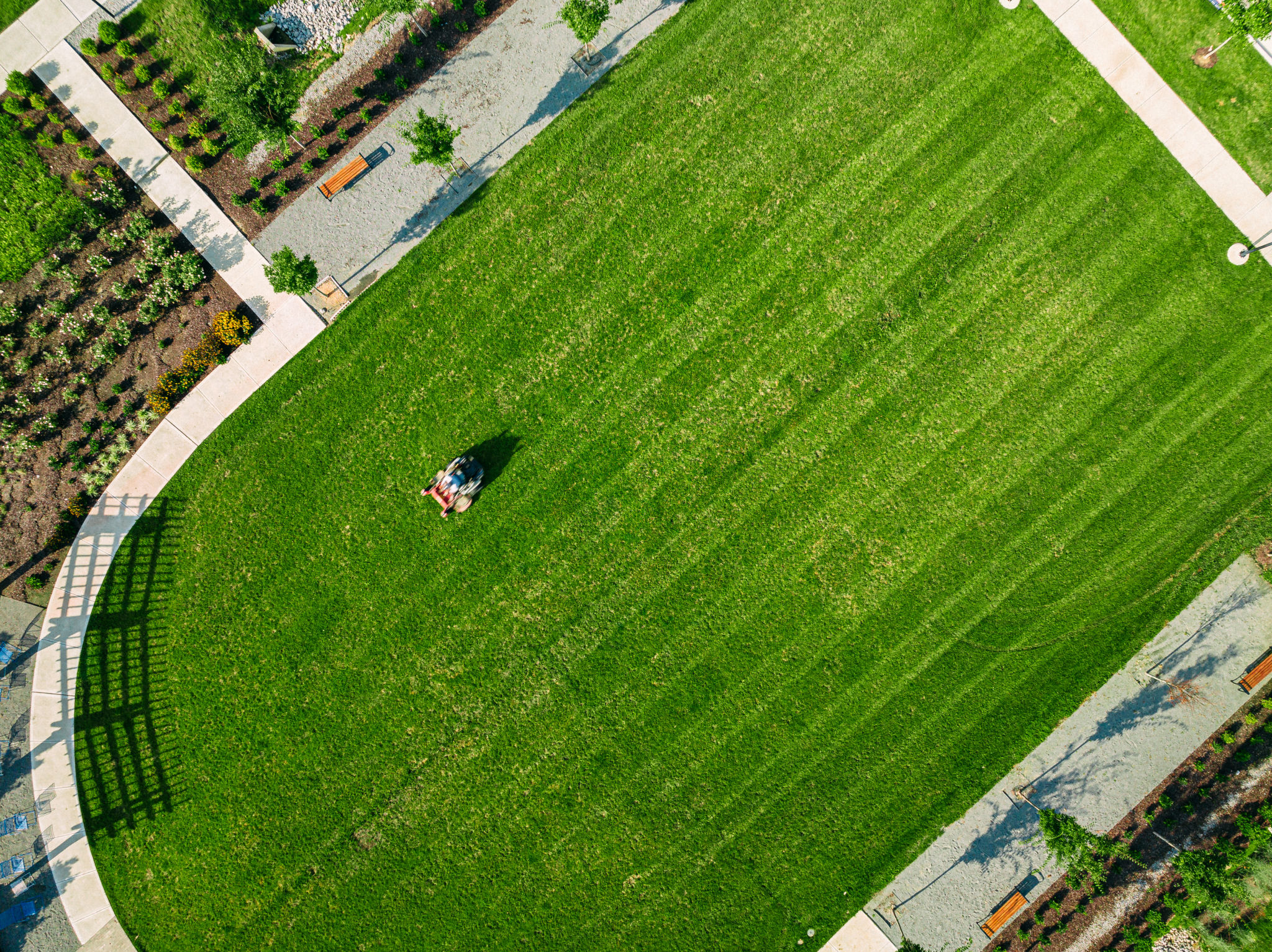DIY Lawn Care Tips for Greenville Homeowners: Advice from the Pros
Understanding Your Lawn's Needs
For Greenville homeowners, maintaining a lush, green lawn can be both rewarding and challenging. The key to successful DIY lawn care lies in understanding the specific needs of your grass type and soil. Greenville's warm climate and occasional dry spells mean that moisture management is crucial. Knowing your grass species, whether it's Bermuda, Zoysia, or Fescue, will help tailor your approach.

Conducting a soil test is an essential first step. This will inform you about the pH level and nutrient content, allowing you to apply the appropriate fertilizers and amendments. A neutral pH is ideal for most grass types, so adjustments may be necessary if your soil is too acidic or alkaline.
Watering Wisely
Proper watering is vital for a healthy lawn, especially in Greenville's climate. Aim to water deeply and infrequently to encourage deep root growth. Typically, lawns require about 1 to 1.5 inches of water per week, including rainfall. Early morning is the best time to water, as it reduces evaporation and fungal diseases.
Invest in a rain gauge to monitor how much water your lawn receives. If you notice runoff or puddling, you may be watering too quickly or too much. Adjust your sprinkler system accordingly to ensure even coverage across your lawn.
Mowing Techniques
Mowing might seem straightforward, but doing it correctly makes a significant difference in lawn health. Set your mower blades to the correct height for your grass type; generally, keeping the grass a bit longer during hot months helps retain moisture and shade the soil.

Avoid cutting more than one-third of the grass blade at a time, as this can cause stress and weaken the plant. Regularly sharpen your mower blades to ensure clean cuts that minimize disease risk. Also, consider leaving clippings on the lawn as they decompose and return valuable nutrients to the soil.
Fertilization and Weed Control
Fertilizing your lawn provides essential nutrients for growth and resilience. In Greenville, it's best to fertilize during the active growing seasons—spring and fall for cool-season grasses, late spring through early summer for warm-season varieties. Use a balanced, slow-release fertilizer for sustained nourishment.

Weed control is another crucial aspect of lawn care. Pre-emergent herbicides can prevent weeds before they appear, while post-emergent options tackle those already present. Be cautious with herbicide use, as over-application can harm your lawn. Hand-pulling weeds is a safe and effective method for small infestations.
Aeration and Overseeding
Over time, soil compaction can hinder root growth and water absorption. Aeration helps alleviate compaction by creating small holes in the soil, allowing air, water, and nutrients to penetrate deeply. Fall is an ideal time for aeration in Greenville.
Following aeration, consider overseeding to promote a thicker lawn. Choose a high-quality seed blend compatible with your existing grass type. This practice not only improves density but also enhances resistance to pests and diseases.
Conclusion
Maintaining a healthy lawn in Greenville requires understanding local conditions and adapting your care routine accordingly. By focusing on proper watering, mowing, fertilization, weed control, aeration, and overseeding, you can achieve a vibrant lawn that enhances your home's curb appeal. Remember, consistent effort yields the best results, so stick with your routine to enjoy a lush green space year-round.
